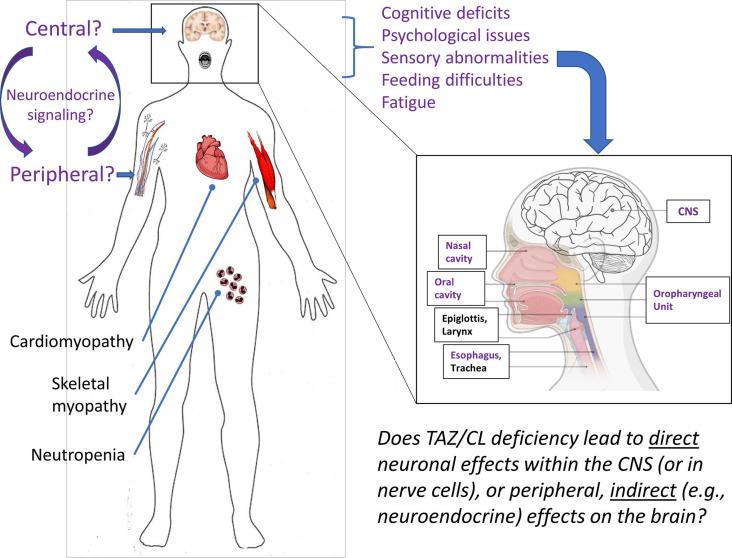This chapter advances goals 3 and 5 by examining the current research about sleep and insomnia during pregnancy, as well as considerations for assessment and treatment of insomnia during pregnancy.
Elsevier,
Burt and Eklund's Dentistry, Dental Practice, and the Community (Seventh Edition), 2021, pages 10-19
This content aligns with Goal 10: Reduced Inequalities by examining the social determinants of health and access to adequate oral healthcare.
This chapter introduces a psychosocial approach to understand and address sleep health in the population and its behavioral underpinnings.
The chapter reviews how sleep, diet, and exercise have an affect on health and well-being.
This chapter identifies and summarizes the thrust of the evidence regarding sleep health disparities among mainly racial/ethnic minorities as well as summarize both determinants that are largely modifiable and health consequences of sleep health disparities using selective studies as key examples.
Elsevier,
Healthcare Strategies and Planning for Social Inclusion and Development, Volume 1: Health for All - Challenges and Opportunities in Healthcare Management, 2022, Pages 57-84
This chapter addresses world hunger, malnutrition, and extreme poverty.
In Nigeria, the disparity between available healthcare services and need for mental health services is palpable.
Looks at the mental health of the Black community in the USA in response to police brutality. Ties to reduced inequalities, peace and justice, good health and wellbeing for all.
Understanding the cause and functional consequences of MINCR deregulation gives important insights on potential pathogenetic mechanisms both in cancer and in neurodegeneration.

Barth syndrome (BTHS) is a rare X-linked multisystem mitochondrial disease. It is caused by variants of the TAFAZZIN gene leading to abnormal cardiolipin. Normal cardiolipin is crucial for proper mitochondrial structure and function. This article reviews the little-discussed, but significant neuro/psychological aspects of BTHS and discusses potential pathogenic mechanisms and avenues for further research.
